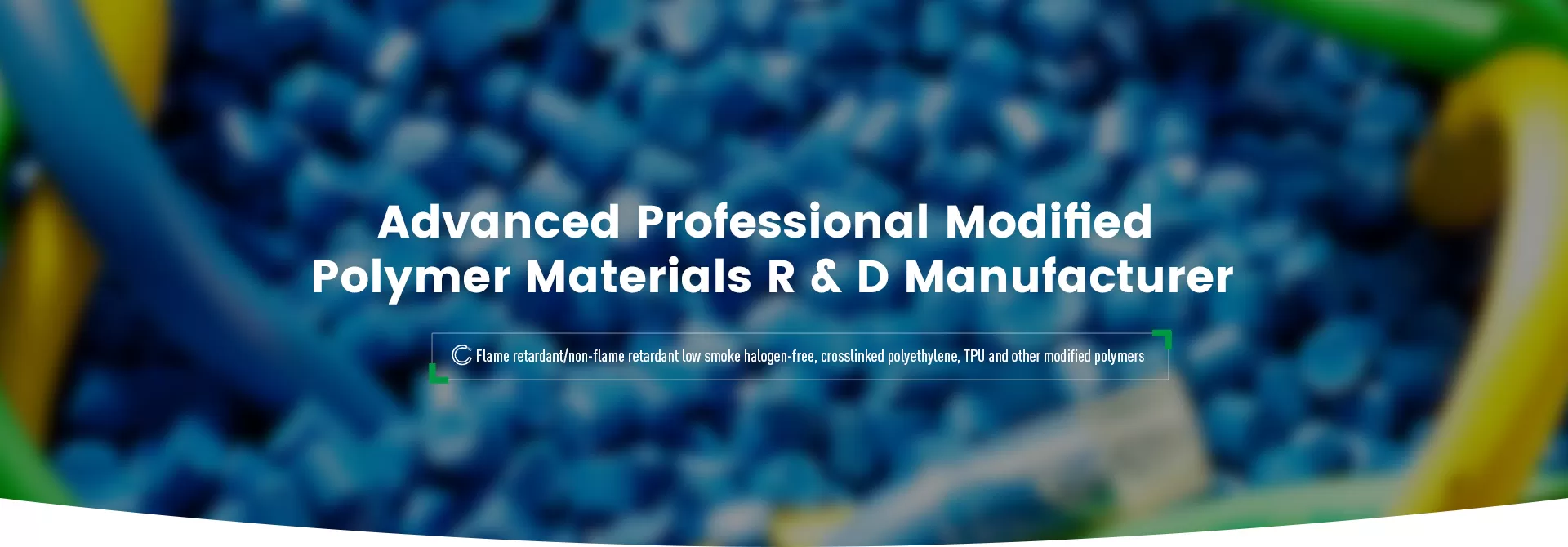
High-density polyethylene pellets, commonly referred to as HDPE pellets or polyethylene plastic pellets, are a cornerstone material in modern manufacturing. With outstanding strength, chemical resistance, and versatility, HDPE pellets are widely used across industries like packaging, construction, and agriculture.
1.Exceptional Strength and Lightweight
HDPE pellets are known for their remarkable strength-to-weight ratio. This makes them ideal for products that require durability without being heavy, such as storage containers, pipes, and automotive components.
2.Outstanding Chemical Resistance
Polyethylene pellets, particularly HDPE, are highly resistant to chemicals, oils, and solvents. This property makes them an excellent choice for manufacturing chemical storage tanks, industrial containers, and pipes for harsh environments.
3.Superior Moisture Resistance
HDPE pellets are virtually waterproof, ensuring products made from them maintain structural integrity even in wet or humid conditions. This is especially beneficial for waterproof films, outdoor products, and packaging applications.
4.UV Resistance
Many high-density polyethylene pellets are enhanced with UV stabilizers, allowing them to endure prolonged sunlight exposure without degrading. This makes them well-suited for outdoor products like playground equipment, agricultural tools, and pipes.
5.Eco-Friendly and Recyclable
HDPE pellets are one of the most recyclable plastic materials, making them a popular choice for sustainable manufacturing practices.
1.Packaging Industry
HDPE pellets are a go-to material for packaging solutions. They are used to produce bottles, caps, and plastic bags, offering lightweight and durable options for storing food, beverages, and cleaning products. Their resistance to moisture and chemicals ensures the safety and longevity of the packaged goods.
2.Piping and Plumbing
HDPE pellets are widely used in the production of pipes for water supply, gas transportation, and sewage systems. Their resistance to corrosion, cracking, and chemical exposure ensures a long lifespan for these critical infrastructure components.
3.Construction Materials
In the construction sector, HDPE pellets are used to create geomembranes, plastic lumber, and roofing sheets. Their durability and resistance to harsh environmental conditions make them ideal for applications like retaining walls and underground installations.
4.Consumer Goods
From storage bins to outdoor furniture and children’s toys, HDPE is a key material in producing everyday items. Its strength, safety, and adaptability ensure that these products can withstand wear and tear while maintaining high-quality standards.
5.Agriculture
In agriculture, HDPE pellets are used to manufacture irrigation pipes, greenhouse films, and protective crop covers. Their resistance to chemicals and harsh weather conditions makes them essential for modern farming needs.
6.Industrial Applications
HDPE is also a staple material in industrial manufacturing, used for pallets, bins, and machinery parts. Its impact resistance and ability to handle heavy loads make it indispensable in logistics and material handling systems.
Recent advancements in HDPE pellet technology have opened the door to specialized applications. For instance, formulations with added flexibility, flame retardancy, or anti-static properties cater to niche industries like electronics and aerospace. Custom color and additive options further enhance their versatility, enabling manufacturers to meet specific product requirements with precision.
HDPE pellets continue to drive innovation across industries, providing a reliable and adaptable material for a wide range of products.